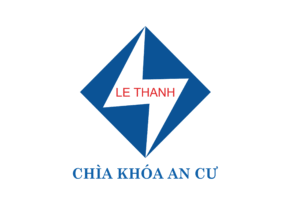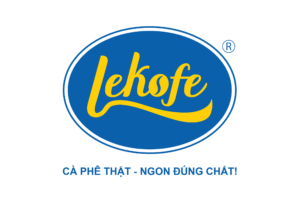Artificial Intelligence (AI) is no longer a futuristic concept—it’s an essential tool in digital transformation. But for small and medium-sized enterprises (SMEs), the challenge isn’t whether to use AI, but how and where to start effectively.
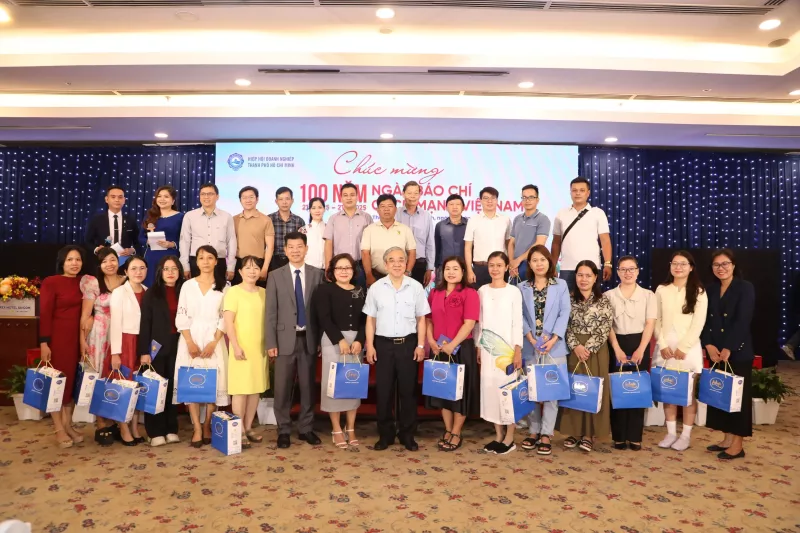
Ho Chi Minh City Business Association congratulates the 100th Anniversary of Vietnam Revolutionary Press Day
This theme was at the heart of a recent Business Coffee Talk hosted by the Ho Chi Minh City Business Association (HUBA), held in conjunction with the 100th Anniversary of Vietnam Revolutionary Press Day, offering an opportunity to honor journalists for their vital role in spreading knowledge and inspiring innovation.
From Awareness to Action: A Tough but Necessary Path
According to Mr. Nguyễn Ngọc Hòa, Chairman of HUBA, AI not only optimizes operations but ensures compatibility with global supply chains. Yet, Vietnamese SMEs often face limitations in budget and technical capability.
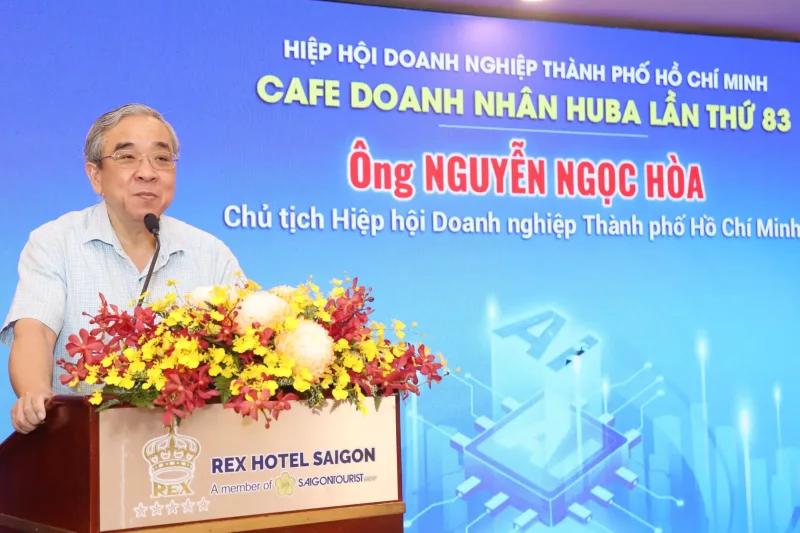
Mr. Nguyen Ngoc Hoa, Chairman of HUBA, spoke at the 83rd Business Cafe program
Take Lê Thành Company, for example. CEO Lê Hữu Nghĩa shared that it took over a year to prepare the budget, staffing, and infrastructure to build a proprietary AI system. Despite the investment, early results were disappointing due to errors in communication and local language interpretation. Still, he emphasized: AI is not magic—it’s a long-term commitment.
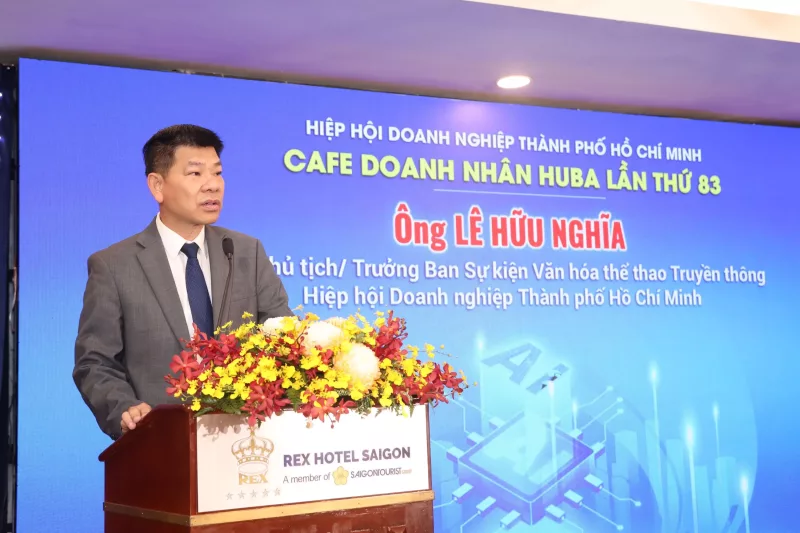
Mr. Le Huu Nghia, Vice President of HUBA, General Director of Le Thanh Company presented at the 83rd Business Cafe program
In contrast, Lac Viet Computing Corporation successfully implemented AI to automate order processing, reducing manual time from 4 hours to just 2 minutes per order. CEO Hà Thân advised SMEs to start with simple tools like chatbots and auto-quoting before scaling to more complex data processing.
AI as a Partner, Not a Replacement
“AI should support, not replace humans,” said Mr. Trần Mạnh Huy, CEO of Rainscales. His company used AI to personalize post-stay offers for hotel guests, increasing customer retention and cross-selling revenue. However, he warned of risks tied to ethics, data sovereignty, and technical outsourcing. At the policy level, Mr. Nguyễn Thanh Hòa from the HCMC Digital Transformation Center noted that the Center is working with HUBA to tailor cost-effective, easy-to-implement AI solutions for local SMEs.
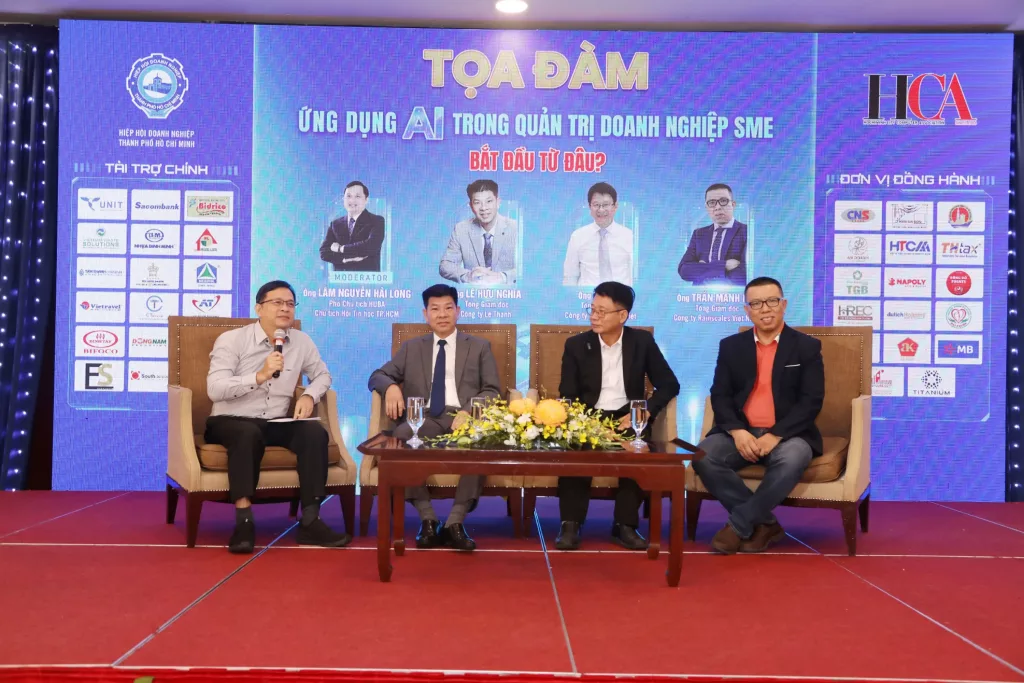
Discussion to find solutions at the 83rd Entrepreneur Cafe program
Mr. Lâm Nguyễn Hải Long, Chairman of the HCMC Computer Association, suggested SMEs focus on four key areas for AI application: marketing, inventory, finance, and recruitment—fields where automation brings immediate value.
Conclusion: Think Big, Start Small
AI is no longer optional—it’s a necessity. For SMEs, success lies in starting with practical, value-driven solutions before scaling up. The journey won’t be easy, but with the right mindset and support, it can be transformative.
Let AI be your co-pilot, not your competitor. With curiosity, experimentation, and adaptability, SMEs can make AI a true growth driver.







